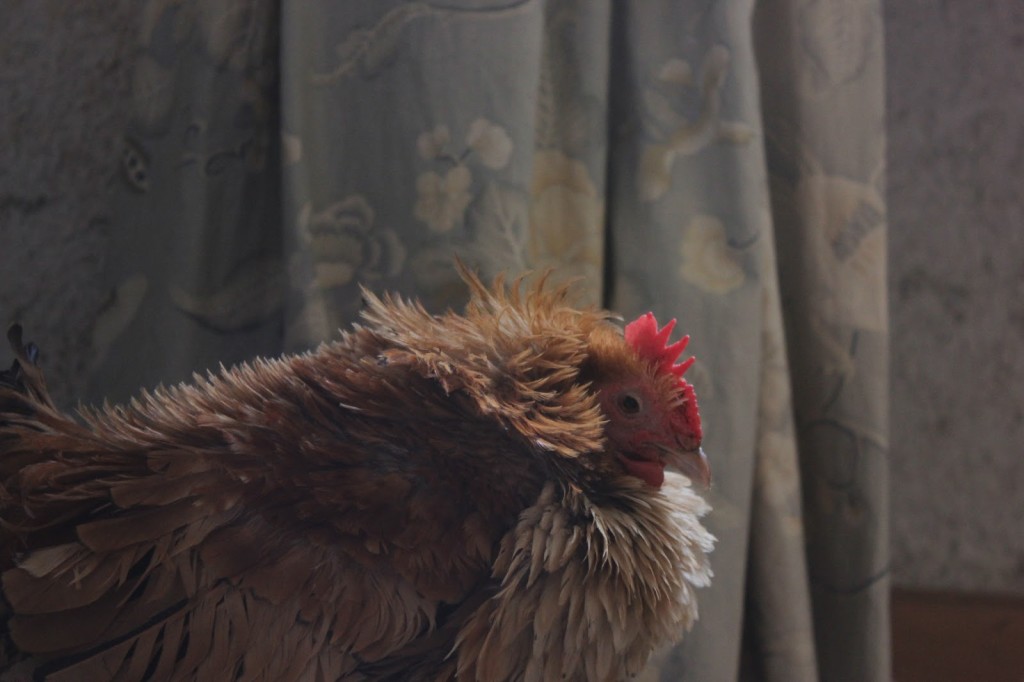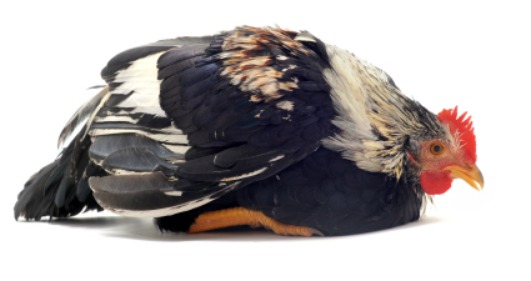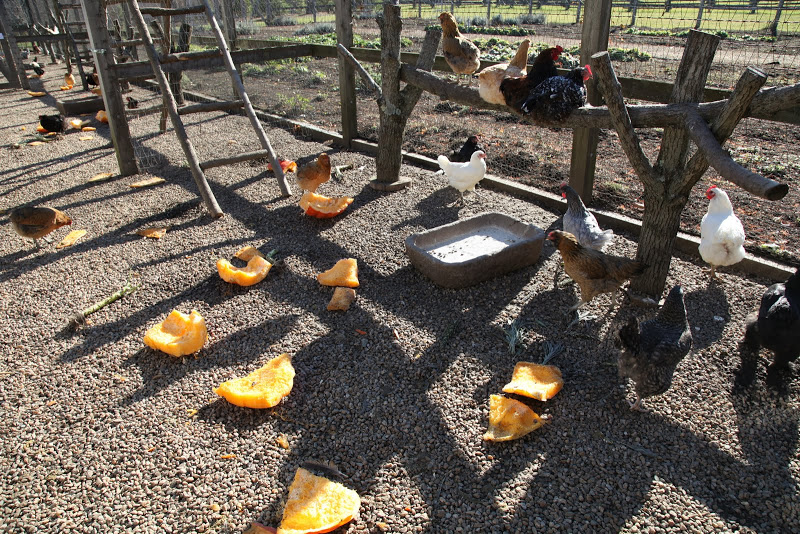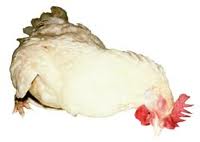For many of you, it won’t be making much sense that chickens do get stressed – I mean, weren’t humans enough to get stressed that even poultry does? However, if we think beyond what we see, even chickens have their own world like us – they are stressed lives like we do, I know I am being little emotional here but the fact remains true. Indeed, they won’t be having workplace stress or family stress but other undesirable factors make them unhappy.
This excerpt is all about the kinds of stress the chickens face. How can you manage it? Basically the identification and solution, all would be your way.
Types of stress:
Well, it’s not wrong to say that some of the stress types that are identified within poultry seems much more common to humans.
Fear – many fear that they would be chased and actually stab to death. Indeed this is the nature of any living being – the feeling of insecurity causes severe tension.Some times they get stressed after being an attempt by predator to eat them.
Social stress – many times birds hate it when their pecking order is changed – or, maybe when their friends are sent to some other coop. Similarly, if a rooster which was previously attached to one chicken, if goes to any other, tension takes birth among all. The addition of more than required chickens within a certain place also leads to stressed situation which may effects poultry health.
Climatic stress – you must be having an idea that chickens are very sensitive to heat – you must keep a check on identifying the signs of heat stress when the sun is around. Similarly, too chilled winters even spoil the mood of the birds.
Environmental stress – chickens are really moody – they just want things to be there way; even a little change can make them unhappy. Too much light, less ventilation and dirt is the major factor that causes stress amongst the birds.
Nutritional stress – change in diet, short of food, less number of water containers also upset them.
Physiological stress – many times process of egg laying, sexual maturity,egg binding and mating creates stress among-st the fellows.
Causes of stress:
Anything that goes beyond the wish of the chicken makes her unhappy – she tends to think all the bad things and remains sad for days. For example, if the coop as been changed or a chicken has been introduced to new friends, she would feel bad about it. Chickens are not good change acceptors. Similarly, many even hate when the roosters are changed, or their handsome roosters I walk away with another chick, they feel jealous. Likewise, change in diet, even change in the grains cause them bad mood.
Signs of stress:
The most common stress signs include;
- Loss of appetite
- Sluggish attitude
- Lethargy
- Aggression and fights
- Less egg production
- Shedding of feathers
- Loss of weight
Different diseases and stressful conditions may be responsible for the mortality in today’s poultry industry– make sure; you look after your chicken on the right time so that you can overcome losses.

Prevention and treatment:
- Keep your chickens clean and tidy – also make sure that the coop is clean. Timely change the flooring and even the coop.
- Do not add more and more chickens if there is less space inside the coop.
- If the flock size is increasing, increase the number of food equipment.
- During severe heat, try to keep some frozen water gallons or ice packets near the chickens to protect them from heat– they would love it.
- During winters you must place or bulbs so that they can feel warm.
- Make sure you keep on getting the chickens vaccinated on time – this would help them in avoiding both viral and bacterial infections. The entire flock would remain healthy and safe.
- If you are intending to change the diet, make sure you do it wisely. You can start giving new grains and old grains together. Make them habitual and eventually stop giving the old ones, they won’t mind.
Obviously you cannot talk to the chickens and teach them the ways of stress management. Normally, a bird can handle a certain level of stress easily and also it depends upon type of breed you have, but too much can be really dangerous, even cost lives.



Great tips. What do we do for chickens who are currently stressed though. Our chickens seem very stressed at the moment after seeing three of their friends killed by a fox?
Best thing is to place the bird in a pen coop house alone with a warm towel or an old blanket keep the bird quiet calm and warm have water and foods so it can eat or drink when it wants to let the bird relax where ever you have a spot that is safe from other birds or prey of any kind.You may have to keep the bird like this for a few days as well and for the fox set a live trap and when you have this little furry fellow take the bugger a distance away and set it loose in another wooded area.Sorry to read about the loss but have to have a coop/pen/house to be sure no critters can attack your birds such as fox, raccoons, weasels,opossums. skunks, owls, hawks, snakes,and rats.